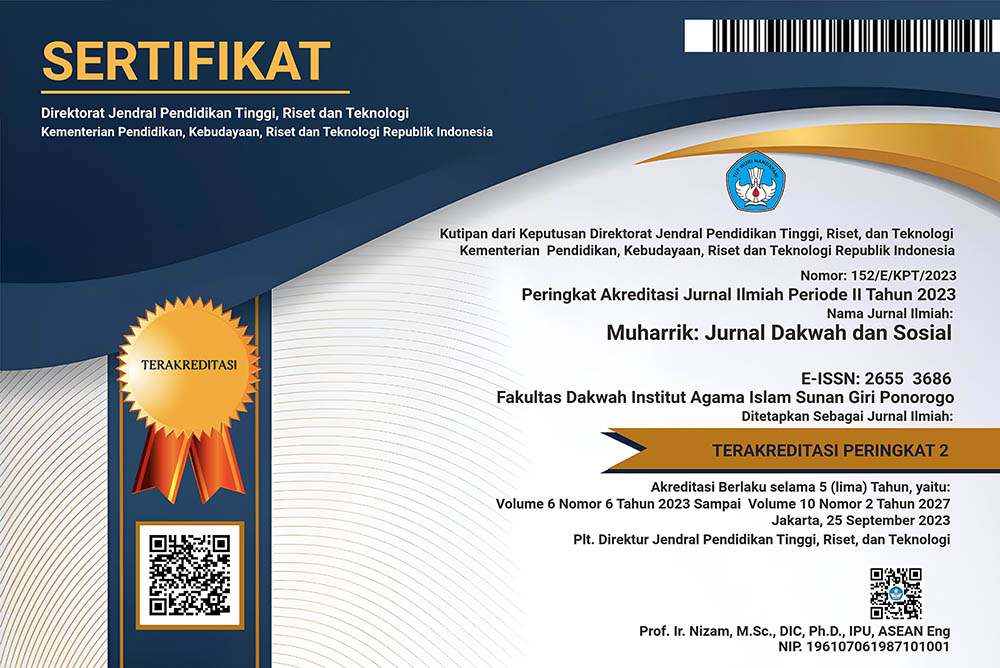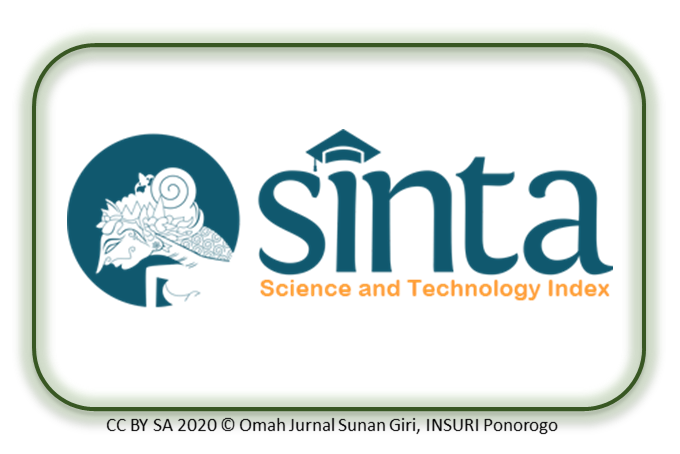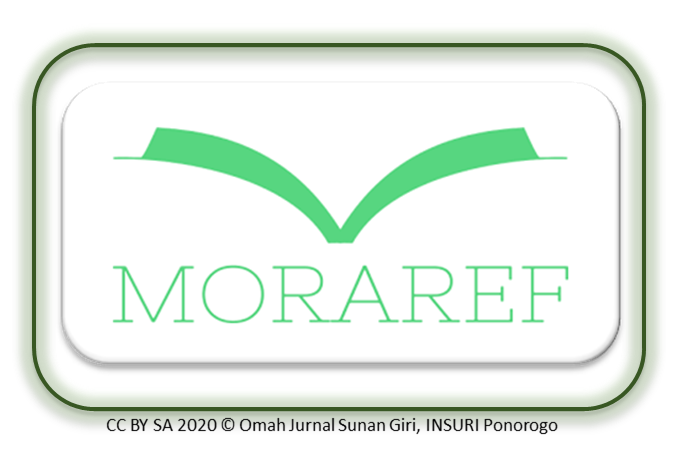Conflict Between Local Leagues in District Expansion in Central Sulawesi: Case Study in Banggai Islands and Parigi Moutong
Keywords:
conflict, regional authonomy, district expansionAbstract
This research aims to outline the process of prosecuting expansion as a demand for regional autonomy in Banggai Islands Regency and Parigi Moutong Regency, explaining the comparison of horizontal and vertical conflicts in the implementation of regional autonomy in Banggai Islands Regency and Parigi Moutong Regency, and analyzing the involvement of local figures in expansion and conflict resolution in Banggai Regency Parigi Moutong Islands and Regency. This research uses historical methodology by collecting (heuristics), source criticism, and classifying and analyzing various social problems in the conflict and molibu culture of the Kaili community, Central Sulawesi. This research analysis uses a case study approach. The theories used in analyzing the results of this research are decentralization theory, regional autonomy and conflict theory. The research stages use historical methodology with four essential stages: heuristics, source criticism, interpretation, and historiography. The results of the research found that the conflict that occurred in Banggai Islands Regency was a conflict over the placement of the capital city, which should have been in Banggai City and then moved to Salakan Peling Island, while in Parigi Moutong Regency, it was a structural conflict in the Donggala Regency DPRD with the Gempar Parigi Moutong Group.
Downloads
Published
Issue
Section
License
Copyright (c) 2024 Haliadi Haliadi, Lukman Najamuddin, Windayanti Windayanti

This work is licensed under a Creative Commons Attribution-NonCommercial 4.0 International License.
The author(s) retain/s the copyright and grant/s Muharrik: Jurnal Dakwah dan Sosial the first publication rights licensed under the Creative Commons Attribution-NonCommercial 4.0 International (CC BY-NC 4.0) , which allows others to access (search, read, download and quote), share (copy and redistribute the material in any media or format) and adapt (mix, modify and develop) works for legitimate non-commercial purposes, with recognition of the authorship of the work and its initial publication in this journal.












